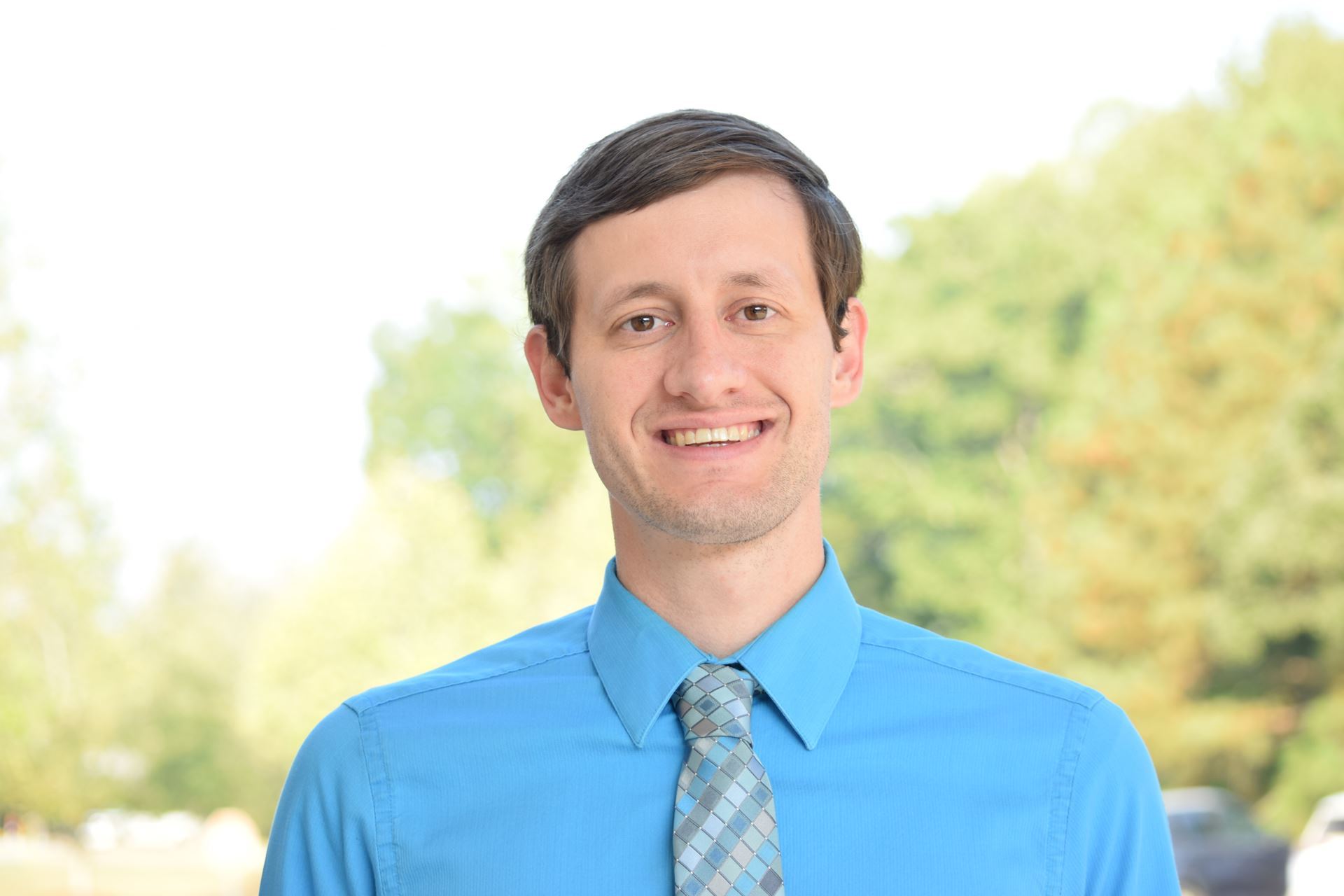Happy Medical Genetics Awareness Week! The goal of this week is to raise awareness of the invaluable contributions that medical genetics healthcare professionals make in the diagnosis, management and prevention of genetic diseases! Each day we will feature an amazing PA who works in the field of medical genetics!
Day 2/5: Meet Wesley Patterson, PA-C! Wesley is a PA at the Greenwood Genetic Center (GGC). He is a founding member of SPAGG for which he serves as treasurer and web designer.
Why genetics?
I absolutely love genetics! My interest in genetics started in high school when we started learning the basics of the human cell and DNA. Later while in undergrad, I had a summer internship in the research department at the GGC. From then I was hooked! After graduating from Clemson University, I worked in the molecular laboratory at the GGC for 2 years before going to PA school. While in PA school, I also had a clinical rotation at the GGC, which I loved! Upon graduating from PA school, I worked in family medicine before getting the phone that landed me back at the GGC. I love genetics so much that I am also pursuing a PhD in Healthcare Genetics through Clemson University, and my dissertation work is focusing on educating PAs and PA students in regard to genetics.
What does your typical day entail?
I work the typical Monday through Friday, seeing patients in clinic 3-4 days per week. In a typical day, I see 4-6 patients. I see mostly outpatient with the occasional NICU consult. I work in the general and metabolic clinics. My patient population consists of mostly children with developmental delay, intellectual disability, autism spectrum disorder, connective tissue disorders, epilepsy, metabolic disorders, and birth defects. With each patient, I obtain a comprehensive medical (prenatal, birth, perinatal, personal) family history and perform a thorough physical exam. I review the genetic testing process, order the appropriate genetic testing, if indicated, and review the results with the patient and family. The days that I do not have clinic are spent interpreting genetic results and going through the literature to determine the significance of the results. I am also working with some PA schools in South Carolina to revamp their genetics curriculum.
What’s your favorite part of being a Genetics PA?
Without a doubt, I would have to say the patients. In medical genetics, we serve a unique and extraordinary population. Being able to help this patient population is truly rewarding. A lot of work and compassion goes in to each of our patient visits in order to evaluate and care for our patients. Medical genetics is like a puzzle. We take the pieces (history, physical exam, etc.) and try to put the pieces together into a puzzle (syndrome). However, this can be challenging as we know that “diseases don’t read textbooks.” Nevertheless, in some cases we are able to end the diagnostic odyssey for a family and give them an answer, thus directing medical management and/or interventions. This is the most amazing feeling in our field. Another aspect of medical genetics that I love is the ever changing and improving technology. As technology improves, the diagnostic yield increases for our patients. The enviable goal is to find answers for all families, and I think with the amazing advancements in this field, we are heading in the right direction!
